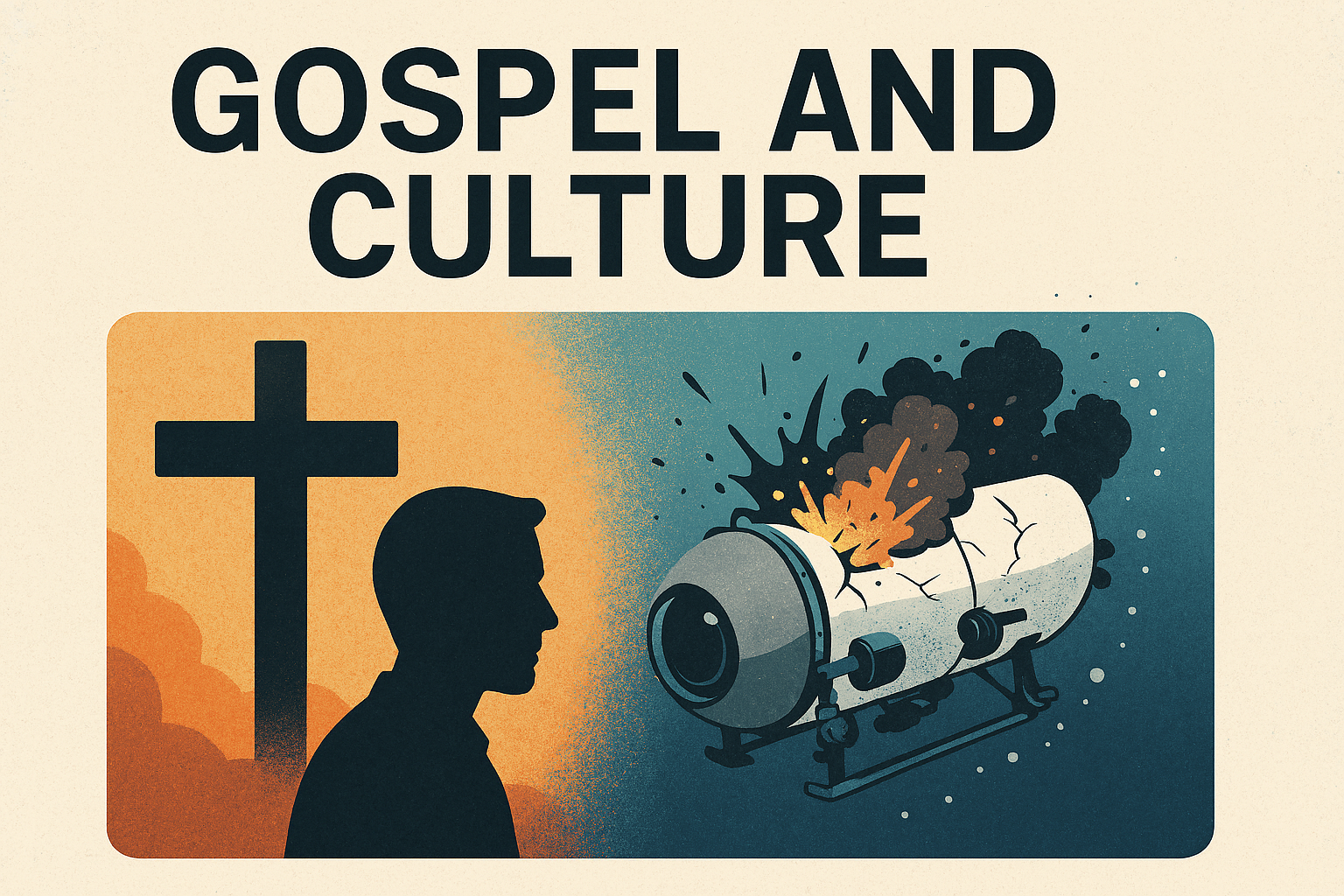
Gospel and Culture
Pastor Robert Zemke
I recently watched the Netflix documentary Titan, which recounts the tragic implosion of the submersible Titan, operated by OceanGate, during an expedition to view the Titanic wreck on June 18, 2023. Aboard were Stockton Rush, the CEO, and four others. The documentary explores the culture fostered by Rush, whose leadership contributed significantly to the tragedy. Rush attracted individuals to his vision of bringing tourists to the Titanic.
The submersible was designed to be lightweight and cost-effective, utilizing carbon fiber; however, safety concerns persisted, leading many engineering experts to leave the company. There was an inherent mathematical certainty that the submersible would eventually fail. The team exhibited a strong, almost cult-like belief in their mission, ignoring numerous safety warnings. Rush often prioritized loyalty over competence and silenced critics through intimidation. A whistleblower ultimately gave up after battling a court complaint against OceanGate. An investigation conducted by the United States Coast Guard determined that the implosion was preventable, largely due to OceanGate’s failure to adhere to safety and maintenance protocols.
Rush’s ego and desire for fame created a toxic workplace where dissent was dangerous, resulting in several resignations over safety concerns. Ultimately, the Titan imploded during its descent, leading to the immediate deaths of all five occupants. This tragedy stemmed from a culture that equated Rush with the company itself; criticizing the operation felt like a personal attack on him. The true reason for this tragedy lies not in a failure to comply with regulations but rather in a profound misalignment with the underlying culture. Rush came to see himself as intertwined with OceanGate; he considered himself the visionary who broke barriers to unlock the oceans for humanity. Criticizing any operational aspect was perceived as a personal affront, and this culture ultimately led to the tragic outcome that cost lives.
The lesson here is to remain vigilant against unchecked hubris. We should all be able to accept criticism. This illusion of greatness fosters a culture in which one becomes immune to accountability—until it is too late for them and everyone associated with them. The phrase, “culture eats strategy for breakfast,” rings true in this context. A mission statement holds value only when it is genuinely embodied rather than merely recited. This means that a company’s shared values, norms, and behaviors (its culture) will ultimately determine the success or failure of its strategic plans. No matter how brilliant the strategy may be, a negative or misaligned culture will undermine it, rendering those plans ineffective.
In the context of a church, we must ask ourselves what culture Christ is building in the community—one that reflects the Fruit of the Spirit (love, joy, peace, patience, kindness, etc.) and the Beatitudes (blessed are the poor in spirit, blessed are the meek, etc.). The foundation must start with personal transformation, grace, and alignment with God’s will and purposes. No mission statement, vision, or outreach strategy will yield positive results without this foundational culture.




